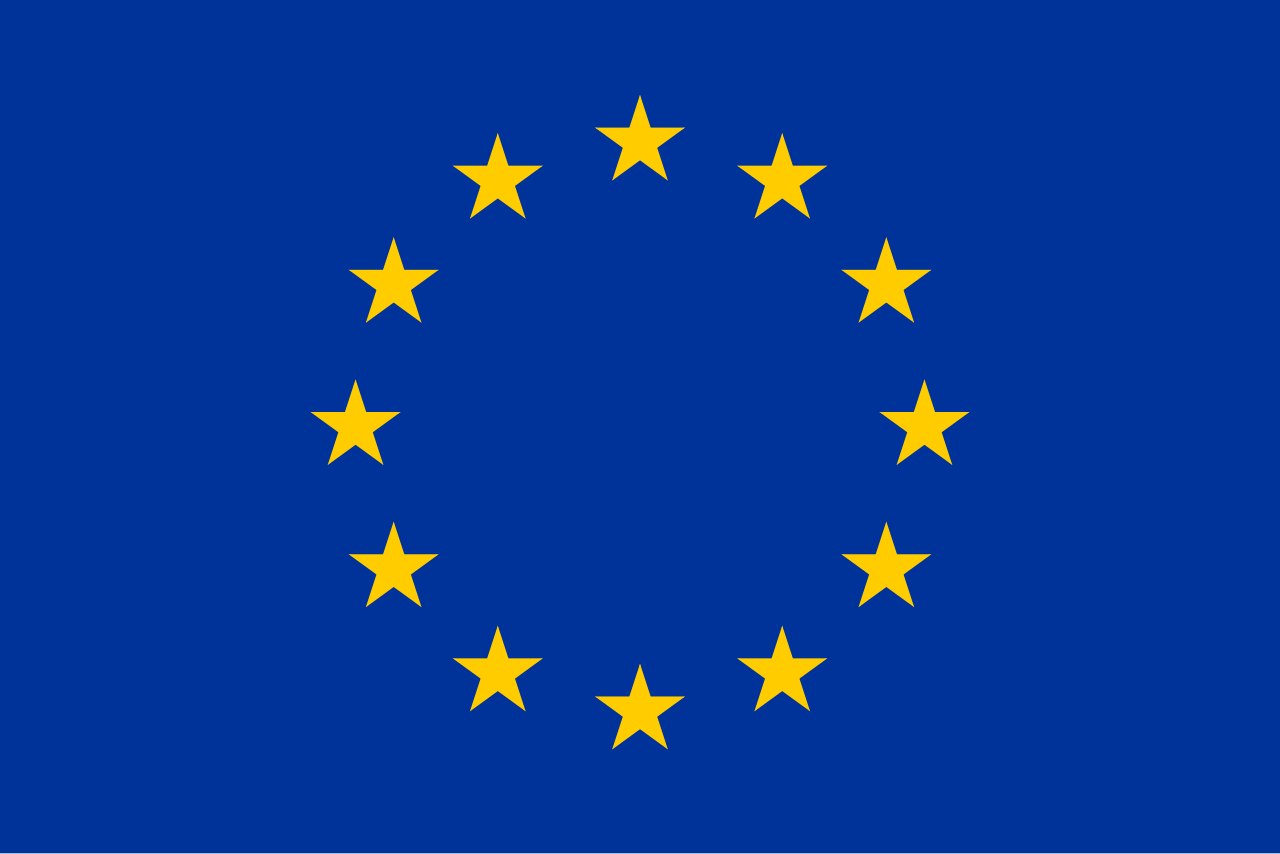Take the anti-spam directive, for example:
https://eur-lex.europa.eu/legal-content/EN/TXT/?uri=CELEX%3A32002L0058&qid=1747912567106
The website gives us the directive but makes no references to the member state’s implementations of that. It seems a bit sloppy that visitors have to try manually searching using some private-sector surveillance advertising search tool to find a member state’s version. In Belgium it’s especially a mess because many of the official websites that “publish” laws are access restricted (e.g. Tor users often denied access). Only some segments of the public can reach some websites. We have Moniteur Belge but that involves digging a law out of a large PDF that globs together many unrelated laws and publications.
According to the EC website, the EC has a duty to verify whether the member state’s version was implemented timely and correctly. Is that done in English, or does the EU have native speakers of all languages on staff doing the verification?
I ask because if there is a translation step, then the EU would perhaps have a good quality English translation of member states laws — which I would like access to. To date, I do machine translations which is tedious. And if the source language is Dutch, the translation tends to be quite poor.
Update: perhaps the biggest shit show is this site:
Visiting from a tor exit node with uMatrix installed, that site is in some kind of endless loop. No idea what kind of shitty JavaScript causes this, but it reloads itself non-stop and never renders. Opening the uMatrix UI shows 3rd party js rows popping up and disappearing faster than you can click to give perms. These people should not be allowed to do web service for legal information.
update 2
This page gives some general links to member state’s law pubs, but you are still left with having to dig around for the implementation that corresponds to the EU directive – if you can get access.
update 3
Found something useful… this page is openly accessible and has a “National Transposition” link. From there we can do an /advanced search/ and limit the collection to national transposition and search on 32002L0058, for example.
Then it finds no results, which seems a bit broken. But if I simply do a quick search on 32002L0058 then use the “national transposition” link on the left bar, that seems to work. But then in this test case I followed it all the way to a page that said “ Text is not available.”
In fact, “Text is not available” is what I got on 3 of 3 samples. So it’s a crapshoot. Hopefully the EC folks who verify national implementations are not relying on this same mechanism.
EUR-lex would be the place to look, as it’s the official site of EU law. That, or official web sites of the member states.
So indeed: National transposition in the left bar of legislation viewed in EUR-lex is the best the EU can offer.
https://eur-lex.europa.eu/legal-content/EN/NIM/?uri=CELEX%3A32002L0058
You’re right that EUR-lex, or the EU, does not (at least not consistently) publish national laws. This remains the job of the member states, and EUR-lex might not even have the rights to publish all national laws on their sites even if they had the resources to do so.
In terms of languages, English is never prioritized even if these documents were to be translated. As much as we all love Malta it’s just not that important. But translating national laws to any language would be way too much work for an Union that already spends a fortune on lawyer linguists.
So while I sympathize (I would love to have these data readily available), I’m afraid the best you can do is to look up the official publications of each law in their separate national journals (as cited in EUR-lex) and take it from there.
If I remember correctly the Commission used to publish some notes on implementation, but I don’t think they do that any more. In general the Commission is not making too much noise about non-compliance these days, as they tend to prefer muted talks through the EU Pilot. Some scholars have recently argued that the Commission is intently stepping away from enforcing compliance so that it can have better luck in its policy making role. But that’s another issue.
In Belgium it’s especially a mess because many of the official websites that “publish” laws are access restricted (e.g. Tor users often denied access).
Browse the websites without Tor
This is generally saying if you are being discriminated against, change whatever your demographic is that is subject to discrimination. Putting oneself inside the included group does nothing to remedy the fact that there is an excluded group of people.
It’s also wrong to assume everyone has clearnet access. At this very moment I am using a machine that does not have clearnet access.
An extremely tiny group of people, who have consciously decided to exclude themselves.
You don’t know how Tor works. The Tor community has exit nodes on the clearnet which give them inclusion. When a tor user is blocked, the exclusion is done by the resource, not from the Tor side. The tor network in no way excludes people from accessing legal publications.
i think they mean that we decide to exclude ourselves by choosing to use Tor
and, yes, we’re also a negligible minority 🤷
Yes I understood that but it is not correct. We choose to use Tor for privacy, not to lose access to resources. There is no exclusion on the Tor side of this.
Stradalex is just some random corporate website made by folks who want to make a profit from publishing open licensed documents on a single site. They have no relation to the EU or any member state, and they have no interest in making stuff accessible to anyone who is not going to pay them at some point.
I don’t know the Belgian case, but I think it’s the same thing in many member states; the publishing of laws online is done by private for-profit companies, and comes with weird restrictions. I’d argue it’s a democratic problem, but it’s on the national level.
The alternative is to use the PDFs provided by the Moniteur belge.
I mentioned that, along with the problem of that. As well as the problem of searching using private sector tools.
We should not be pushed to use private search engines like Google, Bing, or their syndicates to find public resources. Public administrations have an “open data” obligation to some extent. Certainly the EU knows where the member state’s implementations are.
Open data obligation does not imply availability via Tor
If a resource blocks certain IP addresses, that is not open access. It is access restricted. It is a deliberate blockade against a demographic of people.
“Open data” has different meanings in different bodies of law, so your comment is meaningless without context. But in any case, we can call shenanigans whenever an “open data” legal definition fails to thwart access restrictions in an Emporer wears no clothes type of attempt.




